IBS AND HOLISTIC MEDICINE
Irritable Bowel Syndrome (IBS) affects 11%-14% of adults worldwide with a higher frequency in developed countries. The latest studies prove the increasing trend of symptoms also in younger ages between 20-30 years.
Although most of the symptoms presented by SHE patients are common, opinions differ on how to treat it from person to person, since each case presents significant peculiarities in the cause of the manifestation, the intensity and duration of the symptoms. Bloating of the stomach immediately after eating, pain, distension of the abdomen and intestines, cramps, gas, diarrhea or constipation are the main causes that
they make everyday life difficult and lead the sufferer to the doctor, looking for treatment. Over time, when the cause of the problem remains untreated, the digestive system weakens and many patients experience heartburn and difficulty digesting food.
There is actually no test that can confirm the diagnosis of irritable bowel syndrome and the tests that are performed are mainly to rule out other conditions. The instructions given by the health experts concern the observation of foods that trigger an attack of pain or bloating, preparations for
constipation or antacids for the stomach.
At this point Holistic Medicine offers a comprehensive approach to management, symptom management and even treatment. It deals with the person as a whole and deals with the balance that the patient should have in the main areas of his life such as emotions, nutrition, exercise and human relationships. The supplies that
uses is personalized nutrition enhanced with combinations of herbs and spices.
Diet
One of the determining factors for dealing with SES is diet. Although there is no specific nutritional plan with foods excluded from the daily menu or others that help, there are specific spices (powder or seed) such as
cumin, fennel, cardamom, dill and coriander which are used in food and drinks, smoothies, sweets, etc. The above spices, when consumed individually or in combination, play a decisive role in expelling air, bloating and soothe painful bowel contractions.
Mastic – Pistacia lentiscus
Since 2015, mastic has been approved by the European Medicines Agency as a natural remedy for gastrointestinal diseases and skin ulcers. It relieves the bloating of the intestines, as it actively contributes to the elimination of gases. It stimulates the secretion of the gastric juices of the stomach thus enhancing good digestion. In addition, the mastic oil it contains facilitates the passage of the intestinal content by regulating the smooth movement of the intestine.
Caskara – Caskara sagrada
One of the persistent symptoms of irritable bowel that make everyday life difficult is constipation. The peel of the cascara is rich in cascarosides, which have the ability to activate bowel emptying and have a laxative effect without causing abdominal pain or intense contractions. The fibers of the plant strengthen peristalsis and "wake up the lazy intestine". It is consumed in capsules or as a decoction if we boil the bark.
Pre/prebiotics
Probiotics strengthen the intestinal flora and ensure the optimal population of beneficial microorganisms, strengthen the intestinal mucosa and restore the absorption of nutrients. They also prevent the phenomenon of disturbed intestinal functionality (diarrhea - constipation) that patients with SEE experience.
On the other hand, prebiotics are bacteria that are found in plant foods and are not digested by our body. They are food for the intestinal microorganisms and keep the microbiome environment healthy and their consumption prevents bloating
and constipation. Prebiotics are found in legumes, barley, honey, oats, bananas, flaxseed, seaweed.
Excercise
The world of emotions and the management of traumatic experiences are important to vent through physical exercise of any form, which helps everyone to achieve training and inner balance. The practice of yoga is a gentle form of exercise that combines breath with movement, thus training the practitioner to "detach" from past experiences and adapt to the flow of it.
of life. In particular, abdominal breathing has a positive effect on the brain-gut axis, it calms the nervous system, the tension and contractions of the intestine.
Natural Anxiolytics - Herbal Medicine
It is a fact that in recent decades the medical community has shown increased interest in the epigenetic factors that affect the brain-gut axis. Anxiety, fear, and depression are major factors that adversely affect thinking. The
Our gut, or as it is called "the second brain", is the receiver and mirror of all emotions and thoughts. In other words, the brain-gut axis is inevitably the witness of our inner balance.
Natural anti-anxiety agents such as Balsam, Ashwagandha root, Tulsi holy basil, Passionflower, CBD cannabidiol and Rhodiola have proven nervous system calming and anti-depressant properties.
In our state-of-the-art pharmacy laboratory, we prepare galenic preparations, tinctures and personalized herbal recipes that relieve stress and irritable bowel symptoms.




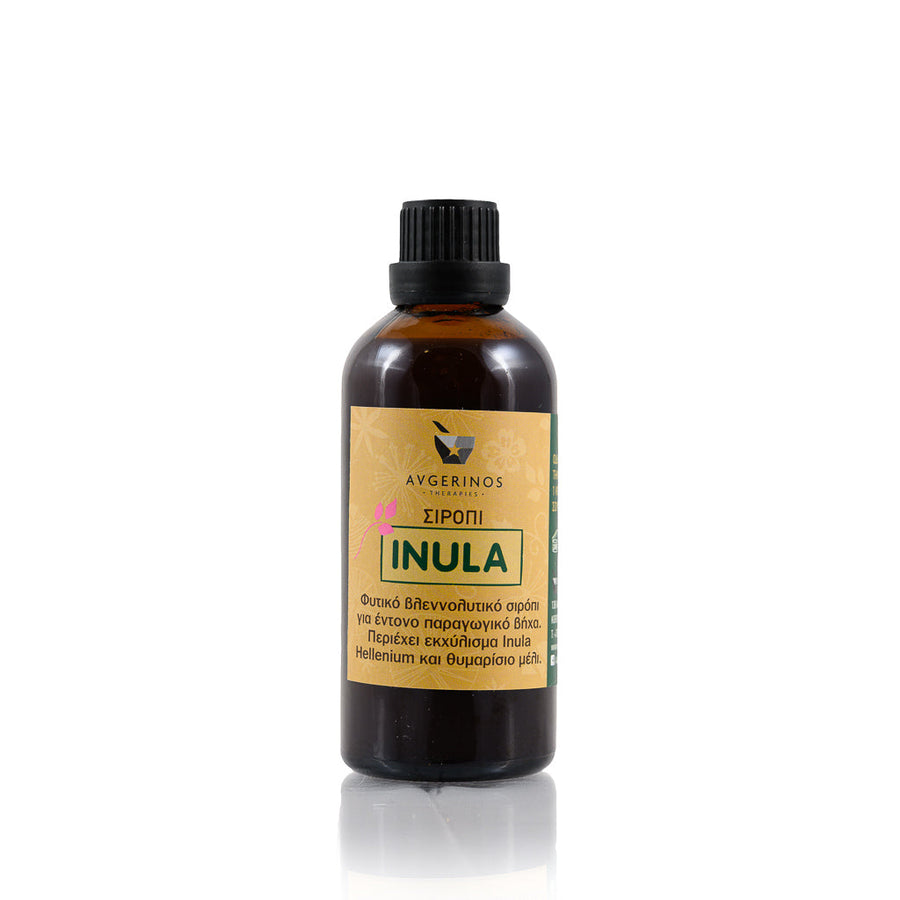
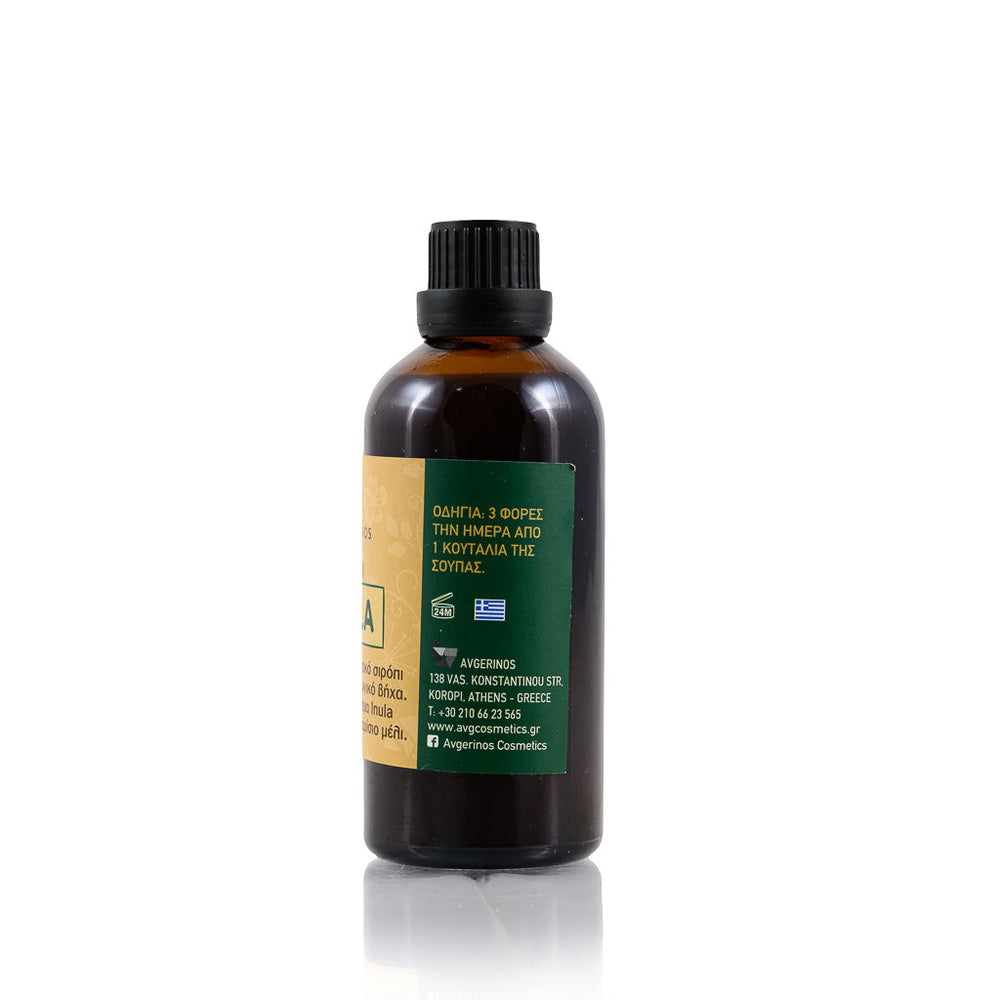
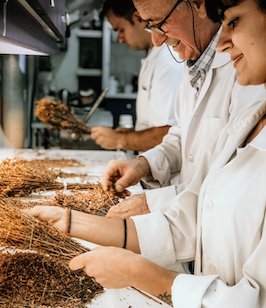
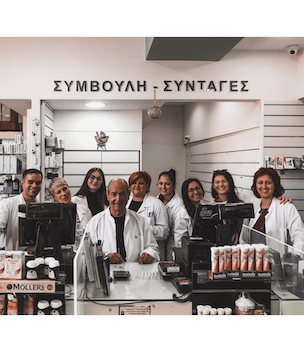
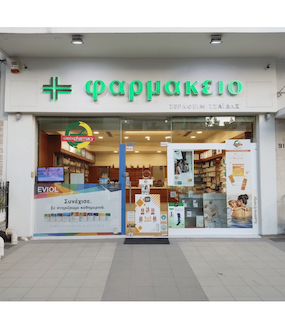
Leave a comment